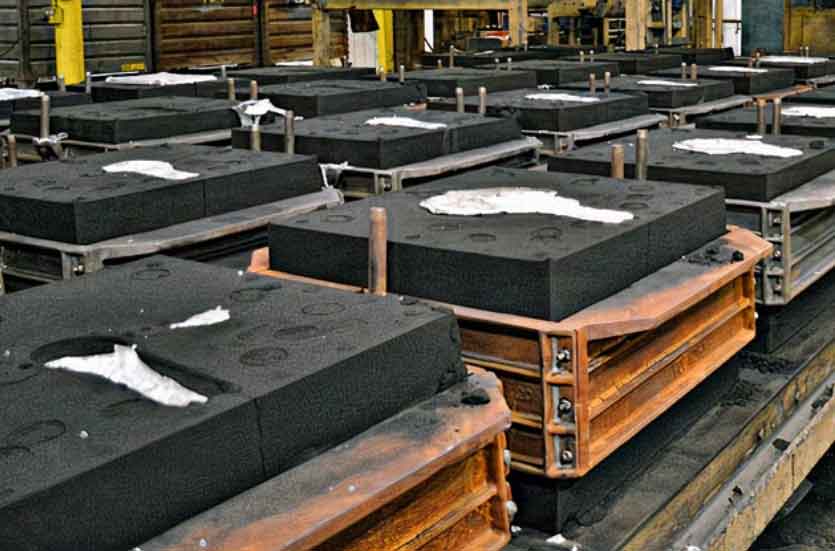
Resin sand casting offers opportunities for implementing eco-friendly practices in the foundry industry. By adopting environmentally conscious measures, sand casting manufacturers can reduce their environmental impact, conserve resources, and promote sustainability. Here are some key environmental considerations and eco-friendly practices in resin sand casting:
1. Sand Reclamation and Recycling:
- Sand reclamation systems can be implemented to recycle and reuse sand after casting processes. This reduces the need for fresh sand and minimizes waste generation.
2. Use of Eco-Friendly Binders:
- Manufacturers can opt for eco-friendly binders that have lower environmental impact and are more easily recyclable or reclaimable.
3. Reduced Energy Consumption:
- Implementing energy-efficient technologies and equipment, such as induction melting furnaces and advanced curing processes, can help reduce energy consumption during the casting process.
4. Water Conservation:
- Foundries can adopt water recycling and water treatment systems to minimize water usage and reduce the impact of effluents on the environment.
5. Waste Management and Recycling:
- Proper waste management practices, including the recycling and safe disposal of waste materials, can minimize the environmental footprint of the foundry.
6. Emission Control:
- Implementing emission control measures, such as dust and fume extraction systems, helps in reducing air pollution from the foundry processes.
7. Sustainable Material Sourcing:
- Opting for sustainable and responsibly sourced materials, including sand, resins, and alloys, contributes to environmental conservation.
8. Green Design Practices:
- Designing components with consideration for material efficiency and recyclability can reduce material waste and the overall environmental impact.
9. Reduced Volatile Organic Compounds (VOCs):
- Selecting low-VOC or VOC-free resins helps to reduce harmful emissions and improve air quality in the foundry environment.
10. Environmental Compliance and Certifications:
- Sand casting manufacturers can seek environmental certifications such as ISO 14001, indicating their commitment to sustainable practices and environmental responsibility.
11. Life Cycle Assessment (LCA):
- Conducting life cycle assessments can help identify environmental hotspots and opportunities for improvement throughout the casting process.
12. Education and Awareness:
- Promoting environmental awareness among employees and stakeholders fosters a culture of sustainability and encourages eco-friendly practices.
By integrating these eco-friendly practices into resin sand casting, manufacturers can contribute to a more sustainable foundry industry while maintaining high-quality production. Embracing environmental considerations not only reduces the environmental impact but also improves the foundry’s reputation and appeal to environmentally conscious customers and partners.
